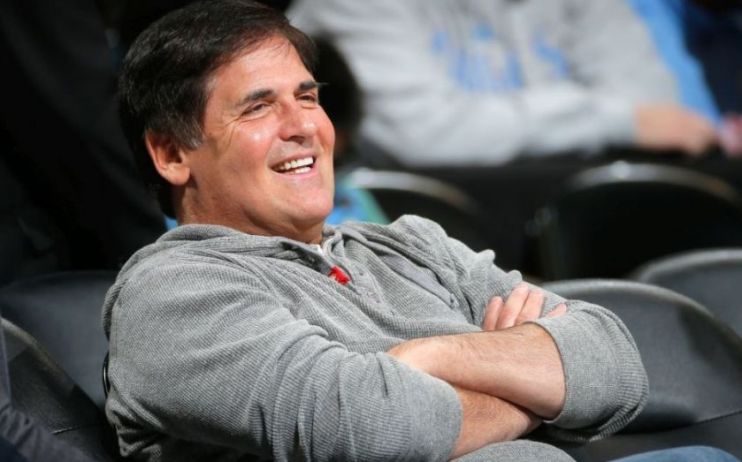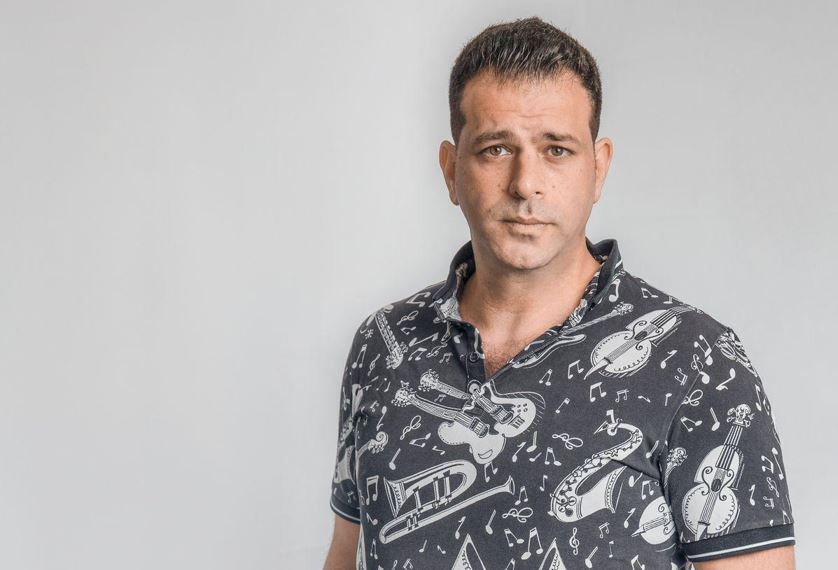Mark Cuban goes head-to-head with World Mobile CEO over Cardano

Billionaire entrepreneur, Shark Tank judge, and crypto investor Mark Cuban locked horns with World Mobile CEO Micky Watkins this week over the utility of World Mobile as a project built on Cardano.
Cuban has historically been critical of Cardano and its utility, and he recently voiced his skepticism around the potential for Cardano-based projects to succeed in Africa.
This led to Cardano advocates speaking out on Twitter to counter with their perspective on the technology’s ability to deliver real-world services, to which Cuban responded he had not seen much adoption of Cardano applications or demand for payments in ADA.
The discussion soon moved on to World Mobile Token (WMT), which powers the World Mobile network, as an example of real-world utility and value. By leveraging the power of WMT, World Mobile delivers a sharing economy that allows anyone to own a part of a network built by the people, as well as to earn income for connecting people around the world.
Cuban said WMT and the World Mobile network needs a real business model to succeed and asked whether it had begun to earn revenue from users on its network.
At this point, World Mobile CEO Micky Watkins entered the debate, responding with a tweet citing the company’s ARPU in Tanzania of $3 per month:
“ARPU is [approximately] 3$ per month. We are currently fine tuning our sharing economy and have < 150 nodes up in East Africa. This is 3x what #helium is making monthly with their > 500,000 nodes. Financial services are inbound which can easily double the ARPU. Let’s talk.”
A passionate and public debate
This kicked off a long and passionate debate between Watkins and Cuban over Twitter, with Cuban grilling Watkins about World Mobile’s business model and Watkins responding with data-led arguments around utility, adoption, and scaling.
Cuban was initially skeptical about the number of nodes and volume of traffic on the network, stating that the ARPU Watkins quoted says nothing about adoption.
Watkins replied with a map of AirNodes operating in Zanzibar and screenshots of live network data that showed thousands of unique users and the regular volume of traffic processed by AirNodes on the World Mobile network.
The conversation then turned technical, with Cuban asking Watkins about the type of mesh protocols World Mobile uses, customer bandwidth, and more. Watkins continued the debate by responding with a comprehensive Twitter thread that outlined everything from the 802.11s Wi-Fi standard used in the mesh network to satellite backhaul and the cost efficiency of aerostats.
Cuban and Watkins also argued over feedback from end users, with Cuban stating: “I don’t see you retweeting anything from actual end users. Which is why I’m so cynical about this and all the Cardano Africa project posts. They don’t come from end users. Every great product lets the users do the talking for them.”
To this, Watkins responded by linking to a series of testimonial videos from users connected to and using the World Mobile network in Zanzibar.
At times, Watkins and Cuban found common ground on the goals of the project…
“Even though out network is 12x cheaper to build than legacy mobile networks we are limited to a range of pricing by the local regulator in any country we launch. However by being both an MNO and ISP we can offset a lot of the cost for the end user.
“We aim to be half the price of legacy mobile networks in each country we launch.” – Micky Watkins.
“Now we are making progress. Thank you. Half the price is a great goal. But not necessarily low enough to reach your goal, nor a no-brainer purchase. Which makes an interesting study in network cost, marketing and whether tokens/blockchain add or hurt the proposition to consumers” – Mark Cuban.

The debate raged back and forth over multiple subjects, with Cuban asking tough questions around various aspects of the WMT and World Mobile ecosystems, from potential issues with user-operated infrastructure to token valuation and incentives, but Watkins addressed these comprehensively.
Throughout this energetic debate, Watkins and World Mobile seemed to score a few points with Cuban, who commended the goals of the project and the idea of reducing capex by allowing users to build out the network and own infrastructure.
After explaining how AirNodes and EarthNodes work to Cuban, Watkins signed off the Twitter debate with a friendly and open invitation for further discussion:
“Happy to do an AMA or talk privately with you whenever you would like. Thanks and good night.”